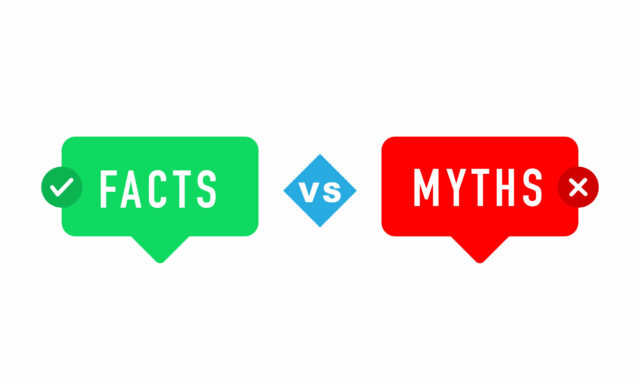For those burdened with overwhelming debt, bankruptcy often serves as a final resort. While it can undoubtedly provide significant relief, it’s crucial to understand that this decision can also have far-reaching consequences, affecting various aspects of your life. One important concern is the potential impact on their employment prospects. It’s natural to ponder whether declaring bankruptcy could lead to a denial of employment. Understanding the legal protections in place and how employers may view bankruptcy is vital for anyone considering this debt relief path. Please continue reading to learn how bankruptcy can affect your future employment opportunities and how our knowledgeable Rapid City Bankruptcy Lawyers can assist you.
Will Bankruptcy Affect My Job or Future Employment Opportunities?
If you are considering filing for bankruptcy in South Dakota, you may be worried about the effect it could have on your employment. While your employer might learn about your bankruptcy case, it typically won’t affect your current position. However, it can prevent you from getting a job in the private industry down the road.
Bankruptcy filings are public, but employers aren’t automatically informed. They can access this information through background checks or credit reports when making hiring decisions. Federal, state, and local government agencies are not permitted to consider your bankruptcy when determining whether to hire you. However, private employers are not constrained by the same rules. Generally, bankruptcy becomes a problem for those applying for positions dealing with money.
It’s important to understand that your employer cannot fire you solely based on the fact that you filed for bankruptcy, and your employer can’t use your bankruptcy filing as grounds to change the conditions of your employment. For instance, they are prohibited from decreasing your salary, demoting you, or taking away responsibilities.
Should I Be Honest With My Employer?
Being fired shortly after disclosing bankruptcy, especially without valid reasons, may be grounds for an illegal discrimination claim. However, filing for bankruptcy does not excuse poor job performance, such as being late, engaging in dishonest behavior, or demonstrating incompetence; these can still lead to termination.
If you are concerned about how your bankruptcy case may impact your employment, it’s crucial to be honest about it during the application process and explain that you have learned from the experience. You are not legally required to tell your current employer that you have filed for bankruptcy. If you are concerned about how your employer will take the news, you should consider consulting with a bankruptcy attorney for advice.
For more information, please don’t hesitate to contact an experienced attorney from 605 Bankruptcy. Our legal team is prepared to help you navigate the complexities of this process.



